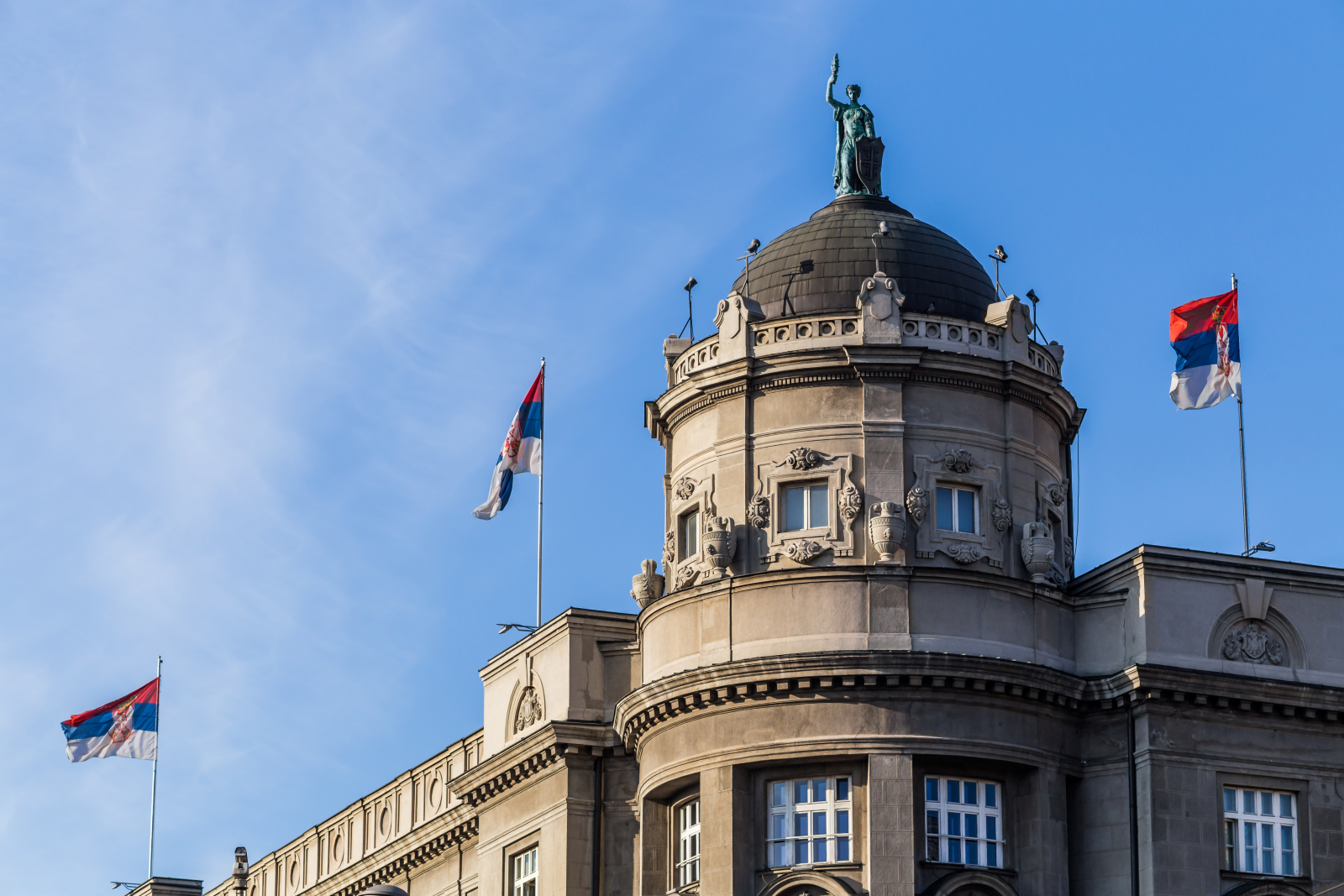
SHARE
ISSUES
The COVID-19 crisis presents a colossal global health and economic emergency—and a huge challenge for governance. Governments have to contain the virus, provide emergency healthcare for millions in danger, and plan for recovery -- all in a matter of weeks. Handling these challenges means balancing managing public health and rescuing the economy, ensuring national security and upholding human and civil rights, and acting quickly and governing ably. Getting this balance right, and maintaining political stability and social cohesion in the process, is why democratic governance matters.
Around the world, we have seen an open exchange of information, institutional checks, and balances, and public consultation lead the way in government responses that not only make for effective policy but also earn popular acceptance.. Where these democratic practices are not in evidence, autocratic control, and intransigence limit information and deliberation, feeding public fear and anxiety, extending the damage caused by the contagion, and deepening personal suffering.
Social trust—among citizens and between them and their government—is a critical remedy to the Covid-19 pandemic that only democratic governance can foster and sustain
NDI President Derek Mitchell
Democratic governance was at the core of remarks delivered by NDI President Derek Mitchell in a videoconference on democracy in the time of Covid-19. The conference was organized in Belgrade by the Serbian-American Friendship Congress (SAFC), led by Deputy Speaker Vladimir Marinkovic, and featured remarks by the Deputy Speaker and other top officials, including Deputy Prime Minister/Foreign Minister Ivica Dacic, U.S. Congressman Steve Stivers, and U.S. Ambassador Anthony Godfrey. The SAFC links citizens, civic groups, elected officials, and business leaders in advancing Serbia’s democratic course in the context of European and broader transatlantic relations, and therein the bilateral relationship between Serbia and the United States. NDI has supported the SAFC, with support of the National Endowment for Democracy (NED), as part of its democracy support portfolio in the country. NDI has supported Serbia’s democratic transition since 1997.
In his remarks, Mitchell emphasized several points:
-
By upholding the rule of law and individual freedom, governments can condition citizens to accept extraordinary restrictions during a crisis of this magnitude, but not to be extended longer than the crisis itself. In enabling civil society to advocate and watch over policy prescriptions, governments both uphold fundamental human rights and create ‘force multipliers’ for public messaging and service delivery.
-
Transparent and responsive leadership is critical to persevere in a crisis and emerge from it united. This means providing clear, timely, and evidence-based information to reassure the public; soliciting feedback to understand how the public is responding to the epidemic and measures used to address it; supporting vulnerable and marginalized communities to uphold equal protection under the law and to avoid replication of a virus that transcends social, geographic, or demographic boundaries; protecting women vulnerable to gender discrimination and violence, and drawing on parliament to consult with opposition parties to project collective resolve when society needs it the most.
-
Combating the intentional spread of disinformation that preys on fear and uncertainty to sow confusion, division, or worse, hopelessness. Intentional disinformation -- often transmitted by foreign powers or algorithmic ‘bots’ -- does not constitute protected speech, and democratic leaders must join together to oppose and renounce resolutely and validating facts and truth with equal clarity and zeal.
As we begin to plan for Covid-19 suppression and containment, opportunities to affirm and advance democratic governance will multiply. Governments, civil society, and citizens alike can examine how healthcare and other service delivery can be improved, how human rights and social inclusion can be protected, and how pluralism, transparency, and accountability can enrich political processes that unite rather than divide.


